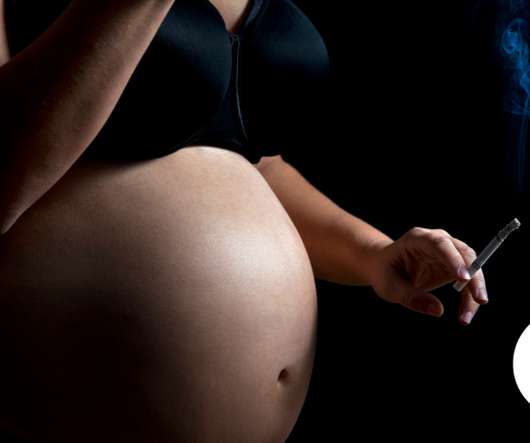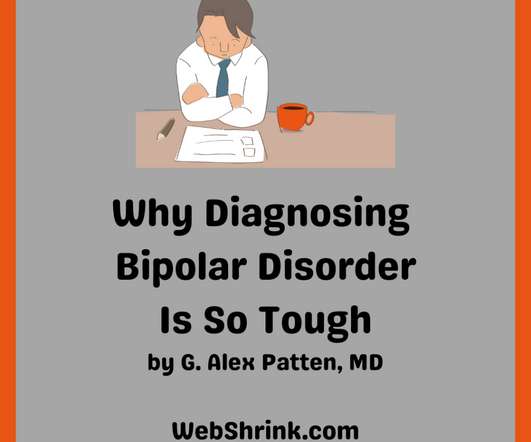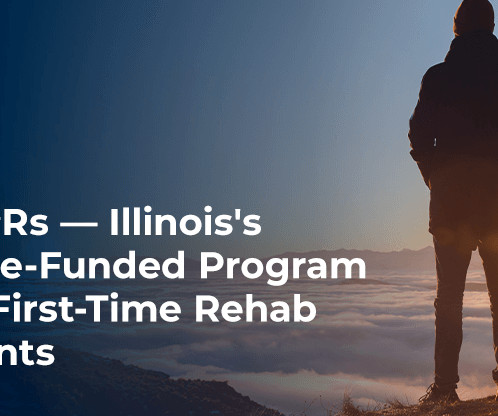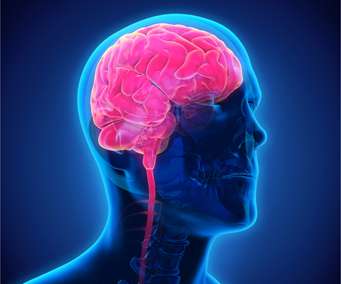How you can save babies whose mothers have substance use disorders
Stop Abuse Campaign
JULY 15, 2022
The statistics are shocking: ten percent or more of babies born in the United States test positive for alcohol or another mind-altering substance used by the mother struggling with substance use disorder. Other mind-altering substances have a long list of harmful, potentially life-long impacts on children.












Let's personalize your content